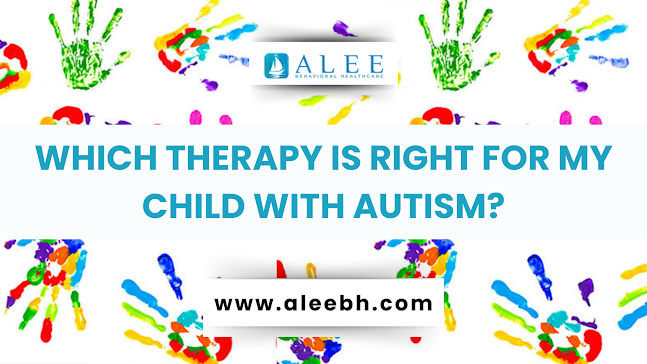Navigating the Path to an Autism Diagnosis for Your Child

For children with autism and related disorders , receiving an official diagnosis plays a key role in their development moving forward. After all, this means that they can access additional support services, put accommodations in place to support them moving forward, and begin to explore different therapeutic interventions. This is particularly important when you understand that early intervention has many benefits, as it means that your child is developing a range of skills and coping mechanisms that will set them up for life. With that in mind, here are some steps that you can follow to ensure your child receives an autism diagnosis as soon as possible. Understand the Early Signs. Right now, the average age for an autism diagnosis is three years old for boys and four for girls. However, studies have found that “many children show symptoms of autism by 12 months to 18 months of age or earlier.” Being able to pick up on the early signs, alongside some of the lesser-known symptoms of aut...
